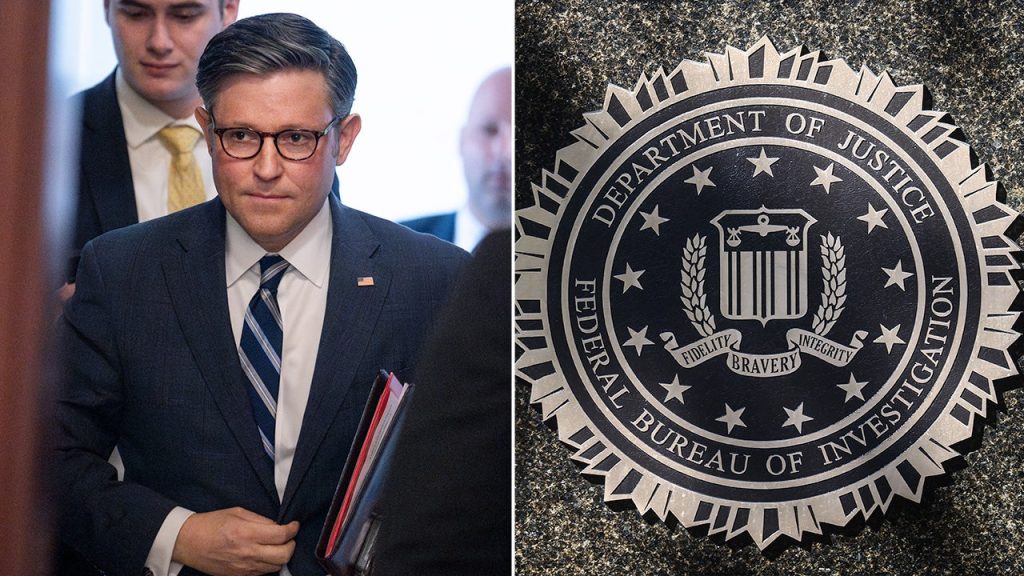House Republican lawmakers expressed frustration after their 19 GOP colleagues blocked a bill that would renew a key surveillance tool of the federal government. The bill to reform and renew Section 702 of the Foreign Intelligence Surveillance Act failed a normally routine procedural vote, leading to anger and tension among Republicans in the House. Conservative privacy hawks who opposed the bill were unhappy with how it was handled, particularly the exclusion of an amendment requiring warrants for the purchase of U.S. citizens’ data from third-party brokers.
Amid the turmoil, House GOP members have criticized their colleagues for voting against the rule, emphasizing that the issues were more about the process and amendments than the FISA bill itself. Section 702 allows the government to surveil non-Americans on foreign soil with suspected terror links without a warrant, which has led to a debate on the balance between national security and privacy rights. Speaker Mike Johnson has faced challenges in navigating the differing views within the House Judiciary Committee and the U.S. intelligence community regarding the importance and impact of Section 702.
Some GOP hardliners have opposed Johnson’s stance on requiring a warrant for querying data about a U.S. citizen as it could hinder the tool’s effectiveness in preventing terror threats. House Freedom Caucus Chairman Bob Good and others blocked the bill, citing the need for proper reforms before renewal. However, supporters argued that such amendments could compromise the tool’s ability to quickly detect national security threats, such as communication between suspected terrorists and U.S. citizens.
House Intelligence Committee Chairman Mike Turner warned of the consequences if Section 702 were to expire, stressing that it is crucial for national security efforts. He emphasized that FISA is not a bulk data collection program targeting Americans, but rather a focused surveillance tool aimed at foreign nationals with ties to national security threats. With uncertainty over the bill’s future, GOP leaders are considering options such as a short-term extension of the current program or adopting the Senate’s renewal bill. Privacy advocates are urging for more amendment votes to allow diverse voices in shaping the legislation.
The House GOP’s internal divisions have raised concerns over the implications of political infighting on key legislative priorities. While some members believe in the need for stronger privacy protections and warrant requirements, others emphasize the critical role of surveillance tools in safeguarding national security. The failure to advance the FISA renewal bill highlights the challenges of balancing civil liberties and counterterrorism efforts, signaling the ongoing debates within Congress on surveillance practices and oversight mechanisms. Moving forward, Republican leaders must navigate these differing viewpoints to address concerns over privacy rights and national security imperatives.


